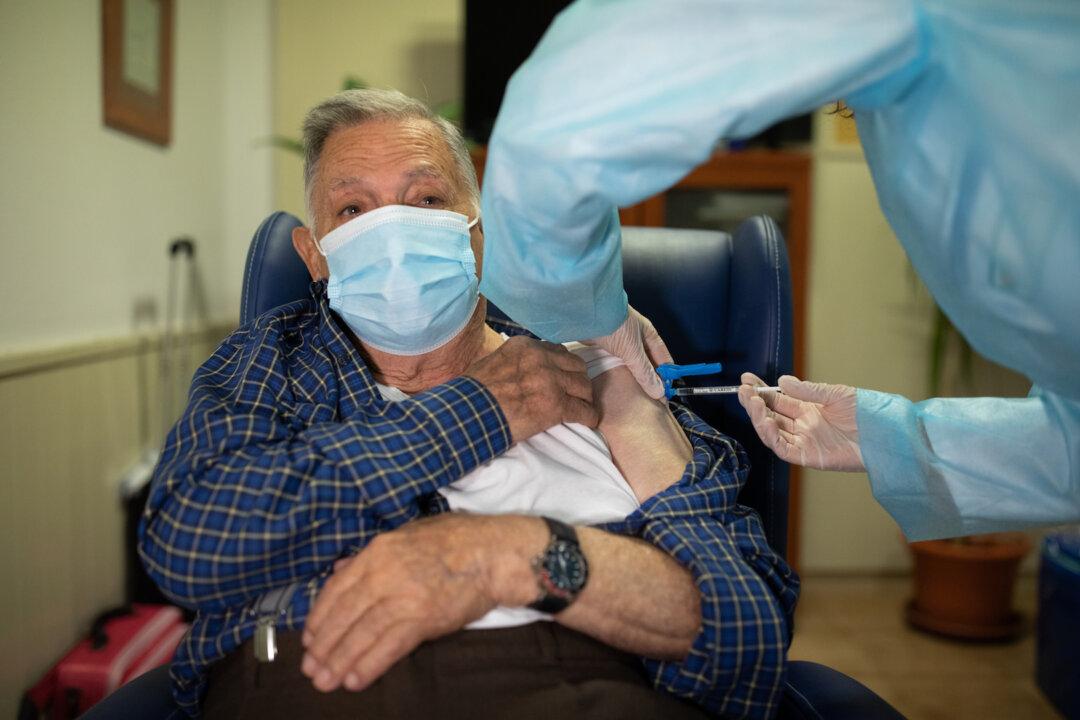Spain will keep a record of people who refuse to get a vaccine for COVID-19, the disease caused by the CCP (Chinese Communist Party) virus, the country’s health minister announced Monday.
Spain’s health minister Salvador Illa said in an interview with broadcaster La Sexta that the register of individuals who refuse the vaccine will be shared with other “European partners,” but won’t be made public or shared with employers. Receiving the COVID-19 vaccine is voluntary in Spain.





